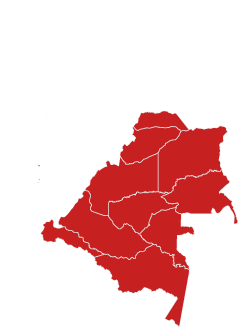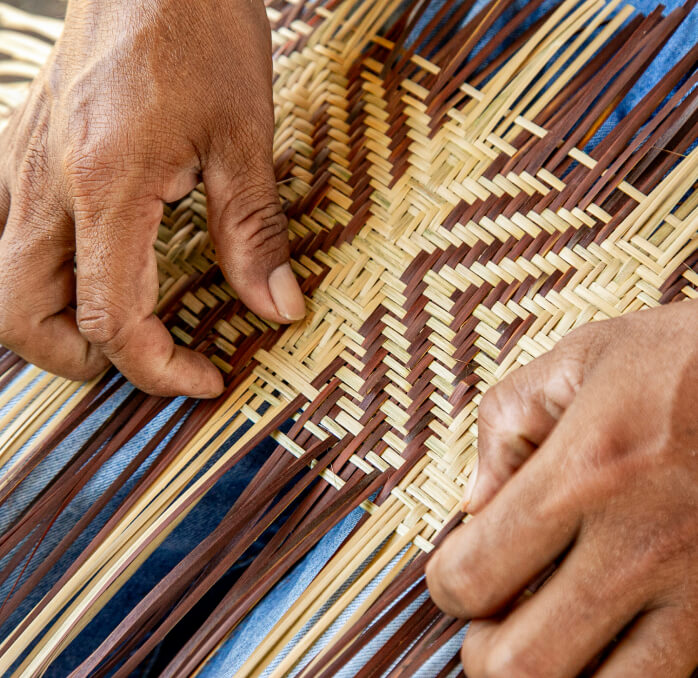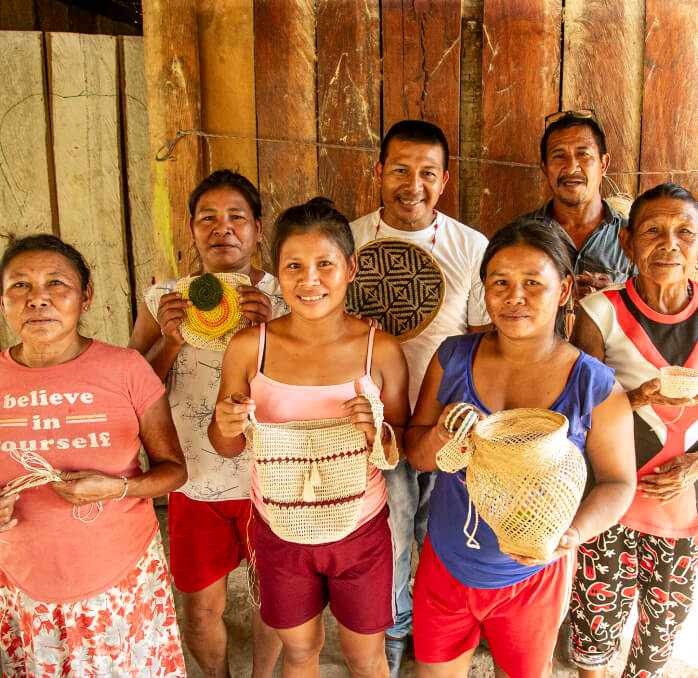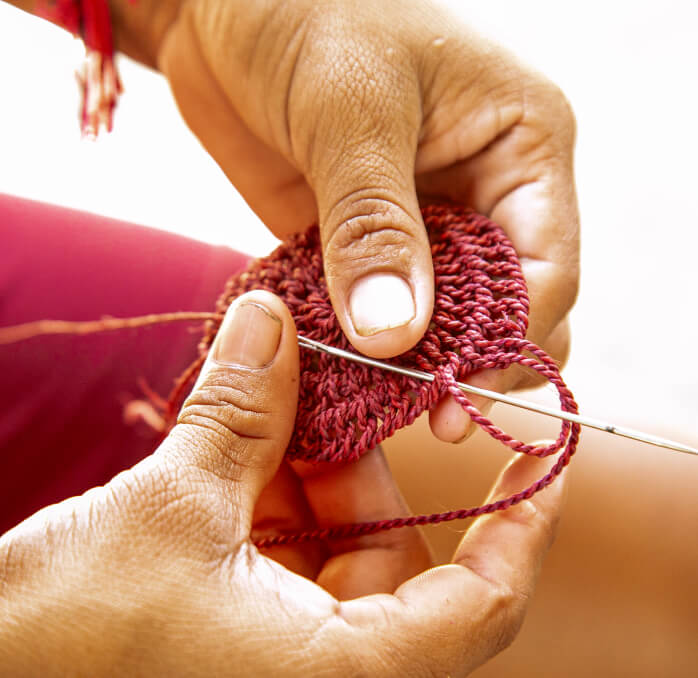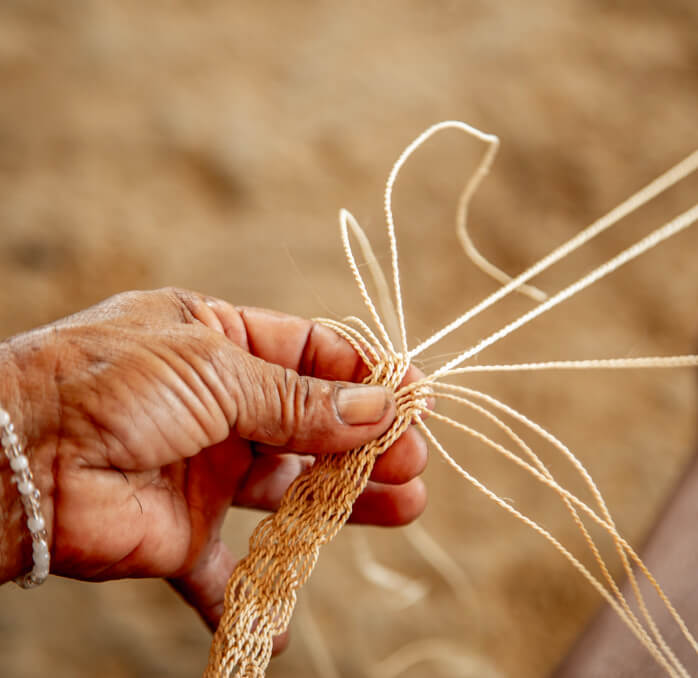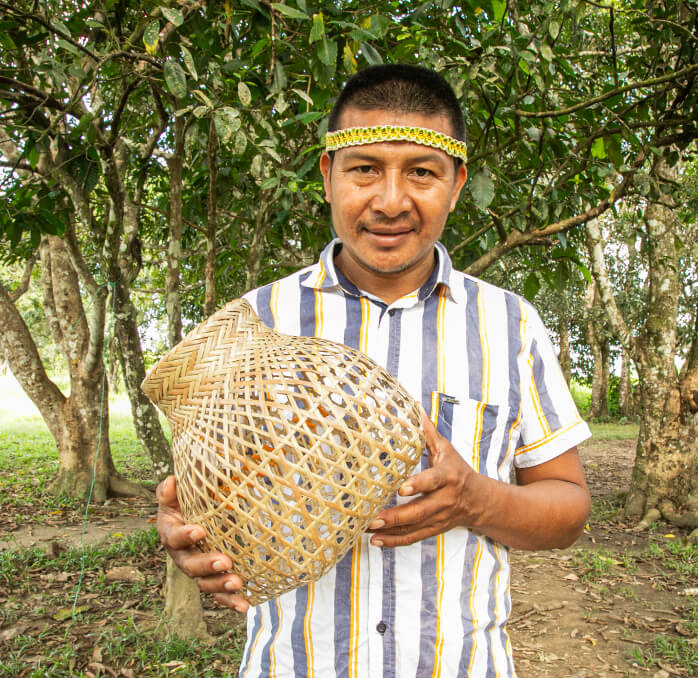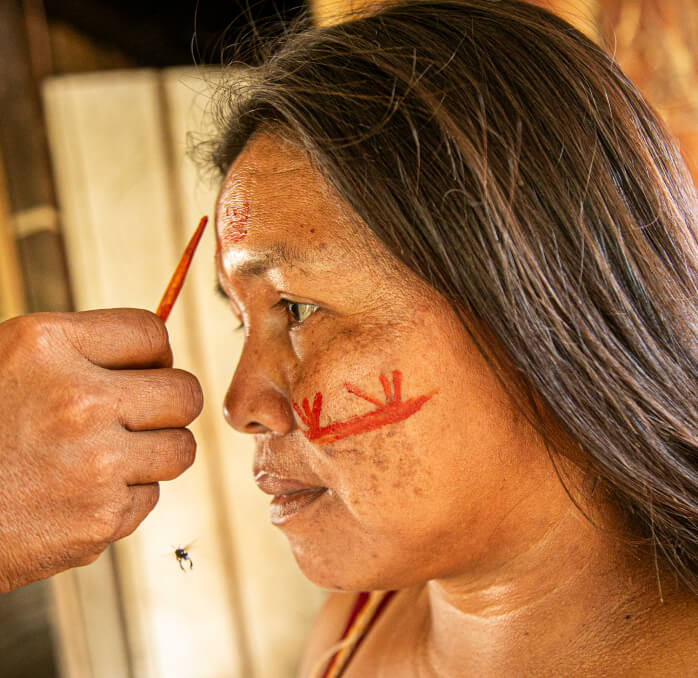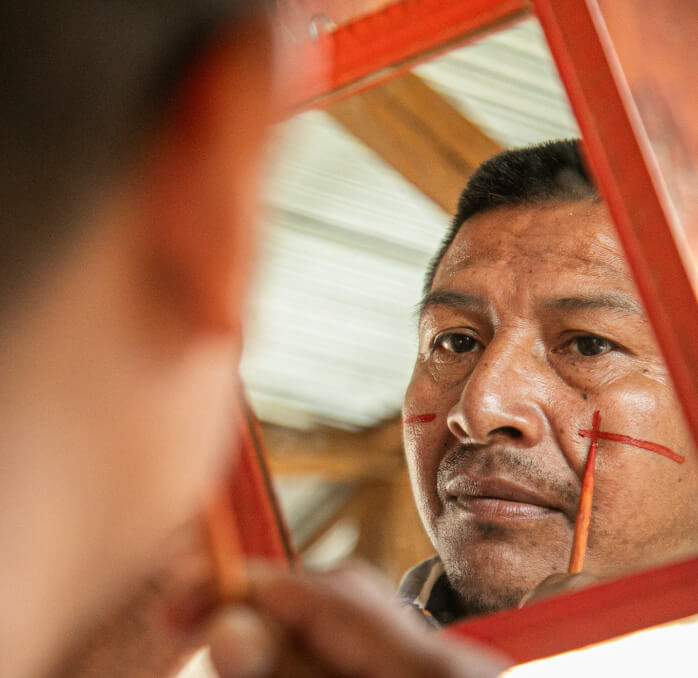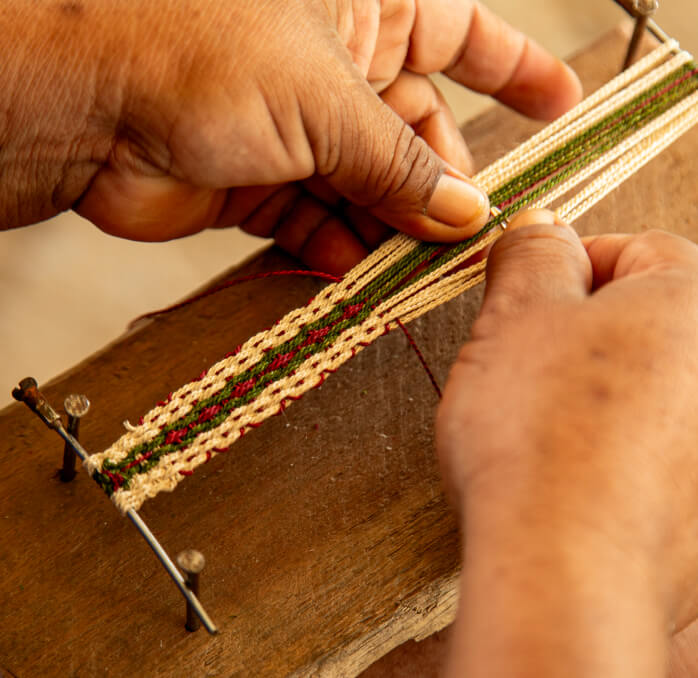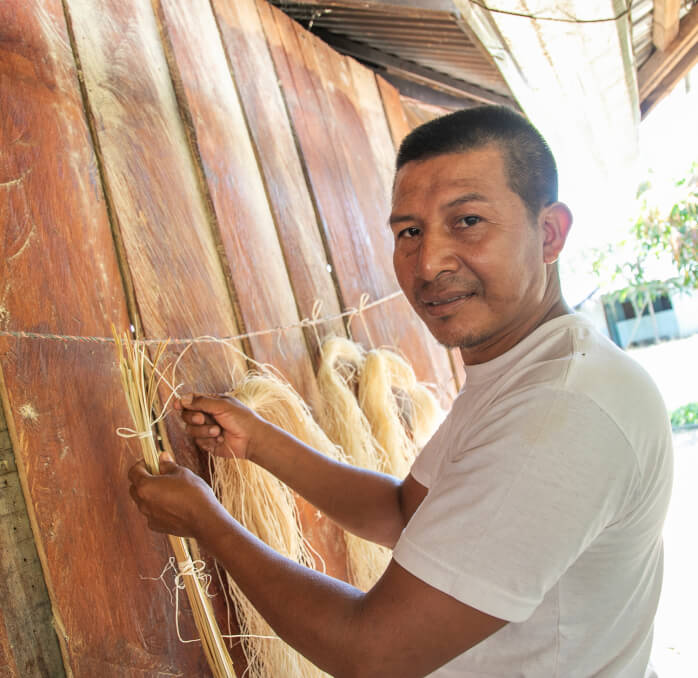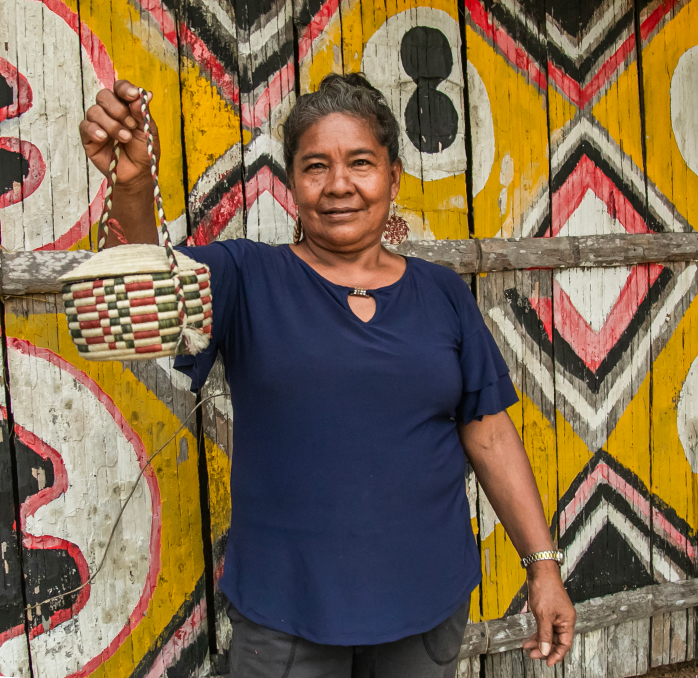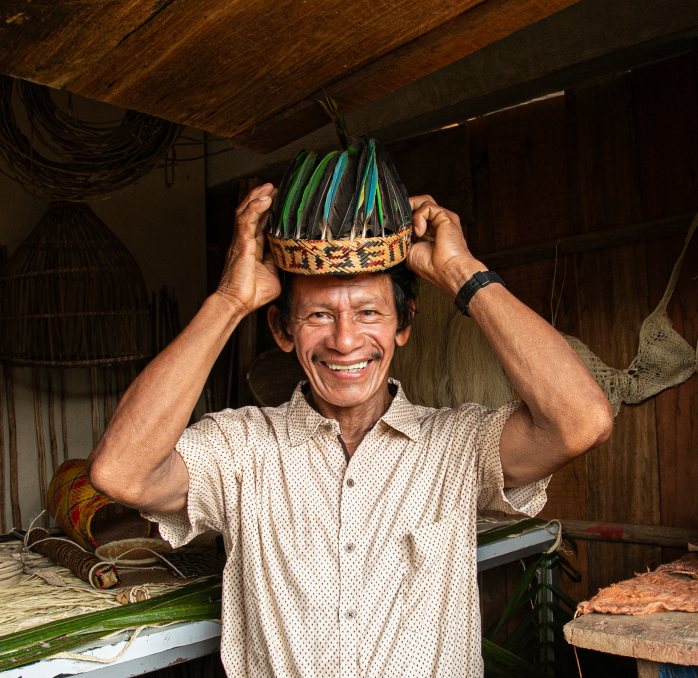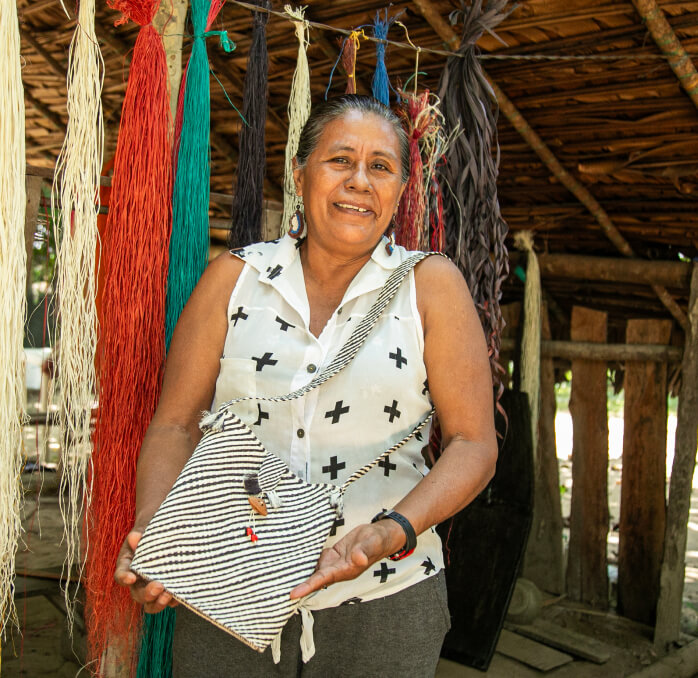Francisco Castañeda
Workshop: Kio
Craft: Cestería y tejeduría
Trail: Guaviare Route
Location: San José del Guaviare, Guaviare
SCHEDULE YOUR VISIT
Sector Libertad, San José de Guaviare, Guaviare
3143762437
Fondo Mixto de Cultura de Guaviare (Alba Lucía Martínez): 3156779691
franciscocastanedabeltran5@gmail.com
Even though he resides within the most densely populated indigenous reservation in El Guaviare, Francisco Castañeda harbors concerns about the fading presence of craftsmanship. Only a handful have embraced the craft and continue to preserve their art, in contrast to the many who don’t want to practice the craft of weaving for it demands effort, time and hustling. In Francisco’s view, some people’s disinterest in upholding and showcasing their Jiw indigenous culture can be attributed to their distinct personalities, as each of us possesses a unique way of thinking. Consequently, some individuals are hesitant or even ashamed to derive their livelihood from craftmaking or to converse in their mother tongue. His aspiration is to become a cultural advocate, sharing the knowledge that God has spiritually bestowed upon him regarding their legends, crafts, and history for the sake of preservation. For now, he pursues this mission through cumare weaving.
His ancestors were nomadic and skilled navigators of the Guayabero and Ararí tributary rivers that flow into the Guaviare River. According to the tales passed down by the elders, their wisdom in weaving, agriculture, ritual paintings, and dances was a legacy from Naxaen, their ancestral guide. Naxaen imparted the art of weaving bags and bracelets from cumare fibers, as well as the essential kitchenware crafted from warumá, such as sifters, baskets, matafríos, and balays. He also instructed them in the cultivation of plantains, pineapples, oranges, sweet potatoes, oats, sugarcane, yucca, and bitter cassava. The latter, a crucial ingredient in their cuisine, requires extensive processing to render it safe for consumption since it is poisonous when raw and can kill whoever ingests it.
Naxaen’s wisdom was preserved through generations until it reached Francisco through the legacy of his relatives and elders. At the age of nineteen, his uncle Bernardo instructed him in cumare weaving of bags and bracelets, emphasizing, “”You must learn this because you belong to an indigenous group.”” In his twenties, his father-in-law, Jaime González, passed on the art of crafting kitchenware baskets. It was during this period that Francisco realized the scarcity of waruma plants and the true value of matafríos, baskets, sifters, and balays woven from its fibers, which are used on a daily basis to make casabe and fariña from bitter cassava. Finally, in his thirties, a Jiw elder imparted to him the knowledge of his people’s chants and ritual dances.
Cumare is native to the Amazon and Orinoco basins, as well as Trinidad and Tobago. Francisco and his family source it once a week, accompanied by his wife and son. They cut the palm shoots and tie them together, returning home with around eight or five. The processing begins with extracting the fibers using a knife and soaking them in soapy or lemony water for a couple of days to remove the green sap and obtain white fibers. Once sun-dried, the fibers may be dyed using natural dyes obtained from local plants that grow around them: totumo for brown, achiote for red and orange hues, and açaí berries for purple. Brown symbolizes the moriche palm’s leaves that roof their malocas, red represents the ritual paint they wear for protection, especially newborns and those entering the rainforests, and purple signifies flowers. For handcrafting woven goods you need a curved needle, a pair of scissors and a meter tool. The outcome is an enduring bag or bracelet.
According to Jiw culture, both men and women are allowed to weave with cumare fibers. Francisco practices the craft alongside his wife and his eldest daughter, one of six children. Presently, they struggle with the devaluation of their crafts due to the lack of recognition for the effort and dedication invested in each creation. There are moments when Francisco feels like a lone warrior, knocking on doors in San José del Guaviare to find buyers. Nevertheless, he perseveres, driven by the faith he has in the knowledge that God has entrusted him with. He offers these bags that not only protect those who wear them but also serve various functions such as carrying household items, garments, yopo or yagé used by traditional healers, or paints used in the celebration of their customs and traditions.
Craft
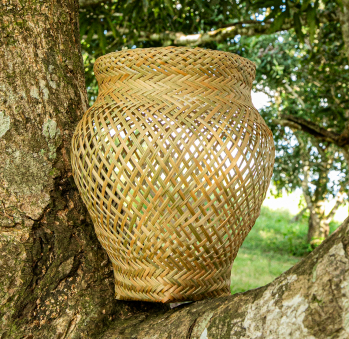
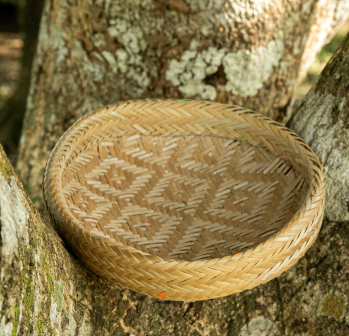
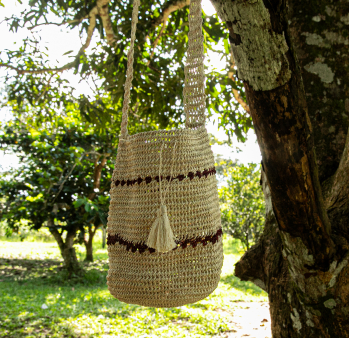
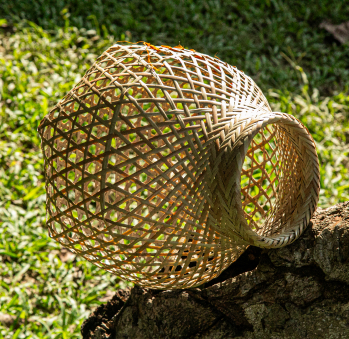

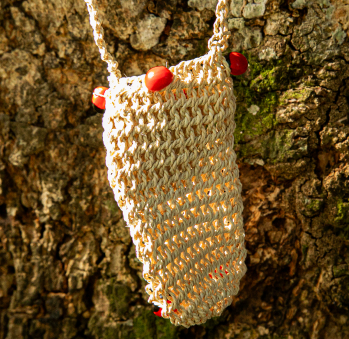
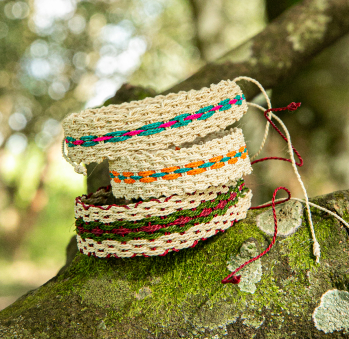
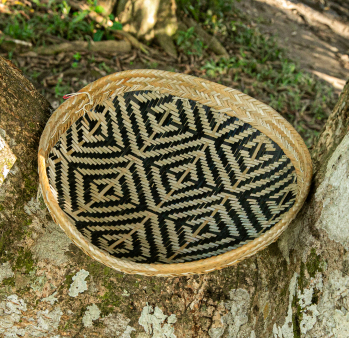








Artisans along the way
Artisans along the way
No puede copiar contenido de esta página

